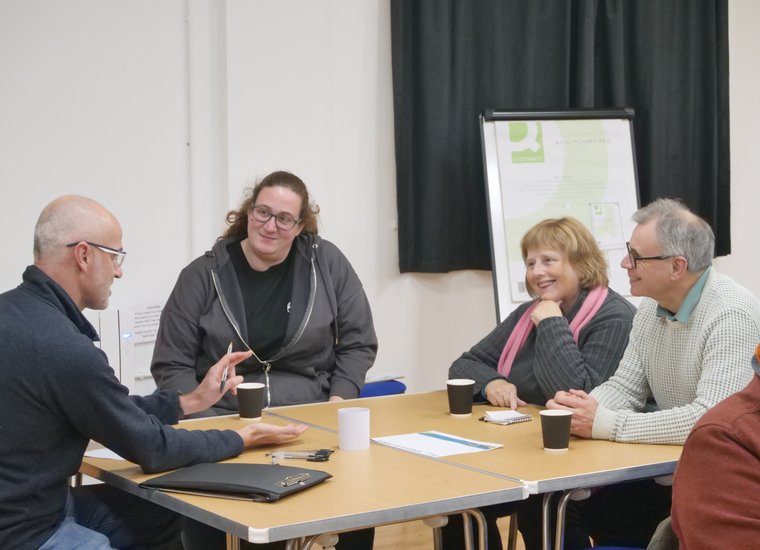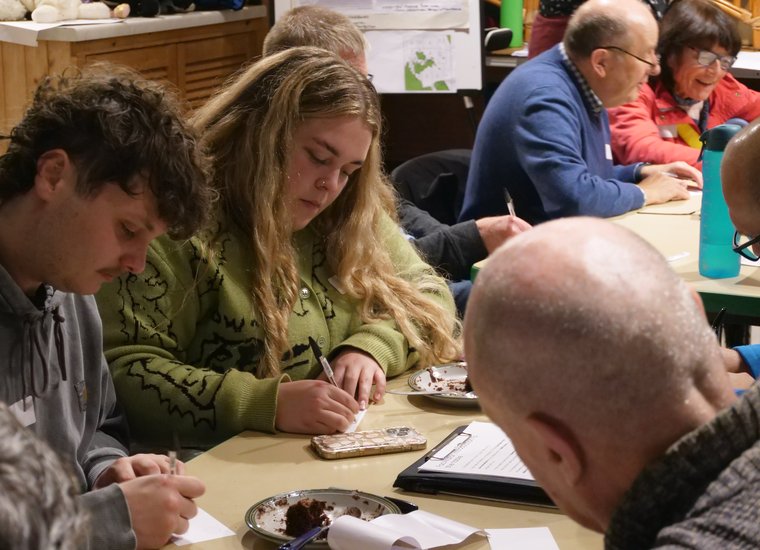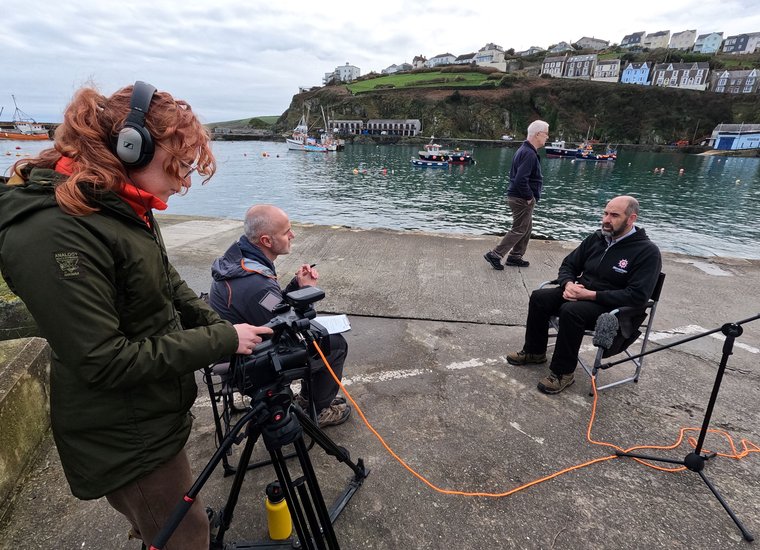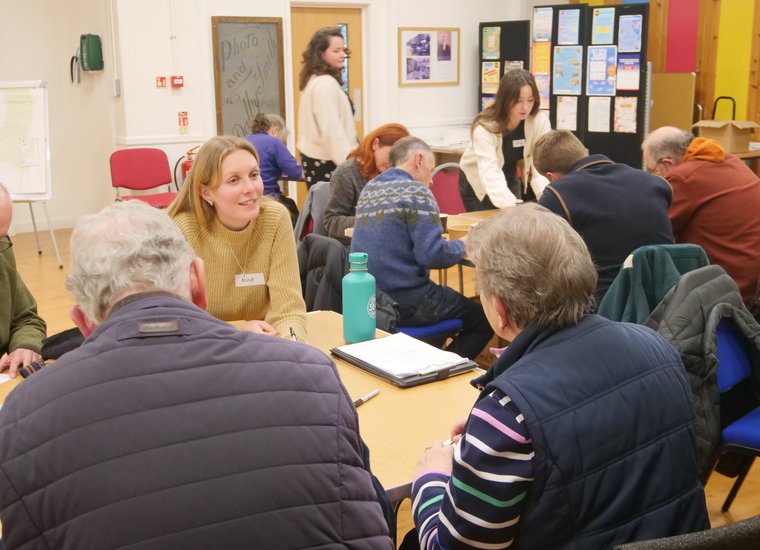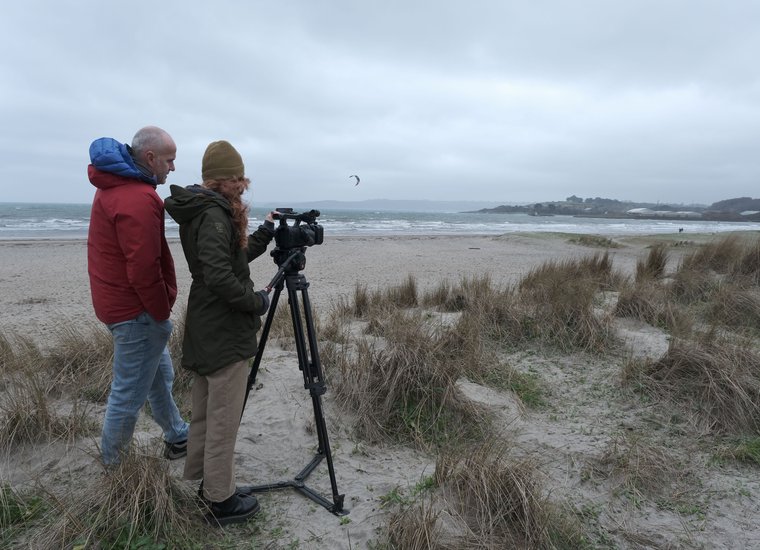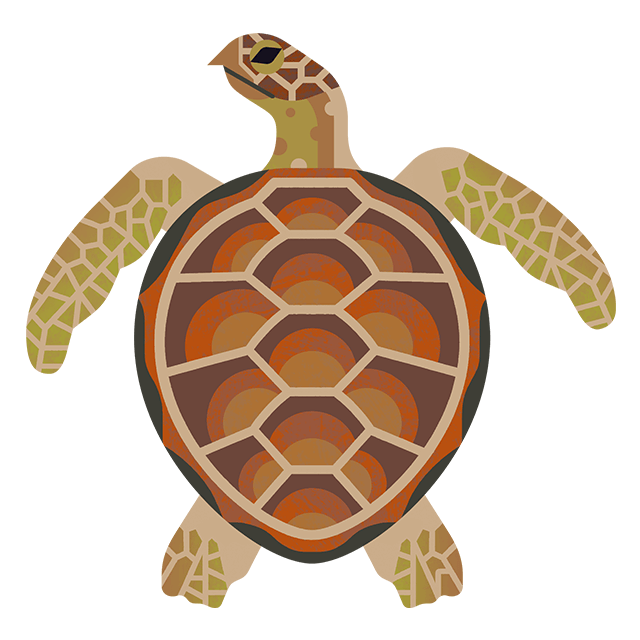
Uncovering the value of the sea
From socialising to supporting mental and physical wellbeing, our Valued Seas project explored the true value of the sea and coast to the communities that use and depend on it.
What does the coast and sea mean to you? It’s well understood that the ocean provides many benefits to humans. It provides half of the oxygen we breathe, helps control our climate, provides us with seafood and supports our economy through tourism.
However, for many people, the value of coast and sea goes beyond these benefits – it's a place where we can go to have fun and connect with friends and families. It can evoke cherished memories of sandy chips and cheeky seagulls. It can lift our mood when we’re down, contribute to a sense of history and heritage, and can be a place that just feels like home. These are socio-cultural values, and it’s important that we understand and capture them to ensure that we fully understand the value of the marine environment.

Volunteer diver at beach
Credit: Billy Barraclough
This is exactly what the Valued Seas project set out to do. The project was developed to research and report on socio-cultural value to support Defra’s Marine Natural Capital Ecosystem Assessment (mNCEA) programme, which brings together ecological, societal, and economic information to be used in decisions about the marine environment. The findings from Valued Seas will be used in Natural England’s Natural Capital Assessment of St Austell Bay, which is a case study site from the mNCEA project.
By including data on socio-cultural value, our work helps to ensure this Natural Capital Assessment considers the way the coast and sea brings everyday benefit to the communities of St Austell Bay as they live, work and spend time there.
As well as a full, in-depth report, we’ve produced a shorter, more accessible version which summarises our findings.
The Community Voice Method
The Valued Seas project used the Community Voice Method, combining filmed stakeholder interviews and community workshops to understand diverse views and encourage discussion.
We’ve been using this research tool since 2009 to engage communities on a wide range of issues in both the UK and the UK Overseas Territories. By encouraging more meaningful and equitable community engagement in natural resource research, CVM can deliver insights and conversations to support positive, constructive, and enduring relationships and improved outcomes for people and nature.
What did we find out?
This project highlighted how qualitative research and community deliberation, like CVM, can be an effective way to gather data on some socio-cultural values. Using this method could therefore help ensure all types of value are considered when making decisions about the marine environment.
We learned of the many ways the St Austell Bay community derive socio-cultural value from the coast, such as creating a sense of identity, socialising, and building relationships, recreation, and particularly, mental and physical wellbeing. Participants identified the different areas in the Bay that are important to them and what they use them for, which you can view here.
We saw how these socio-cultural values are interconnected, and how people can hold several values at once – for example, using the sea to earn a living while also valuing it as an important place for community relationships.
The project also highlighted the limitations of monetising some kinds of value, and those which can be monetised aren't necessarily more valued by society. For example, our findings suggest that most of the community are more likely to prize wellbeing value they gain from the sea over its provision of natural resources, which is easier to assign a monetary value.

St Austell Bay community members interviewed through Valued Seas
Credit: Emily Bunce / Dr Peter Richardson
Community Voice Method projects are always a captivating experience, and Valued Seas has been no different. It’s been fascinating learning from a diversity of people about the many ways the coast and sea of St Austell Bay provides value to its communities. This kind of research is crucial to ensure that Natural Capital accounts of value are holistic and that the socio-cultural value provided by the coast is considered in decision-making.
Emily Bunce, Social Science Officer at the Marine Conservation Society and Valued Seas Project Lead
With thanks to Marshall Wace who funded this research

Credit: Marshall Wace


